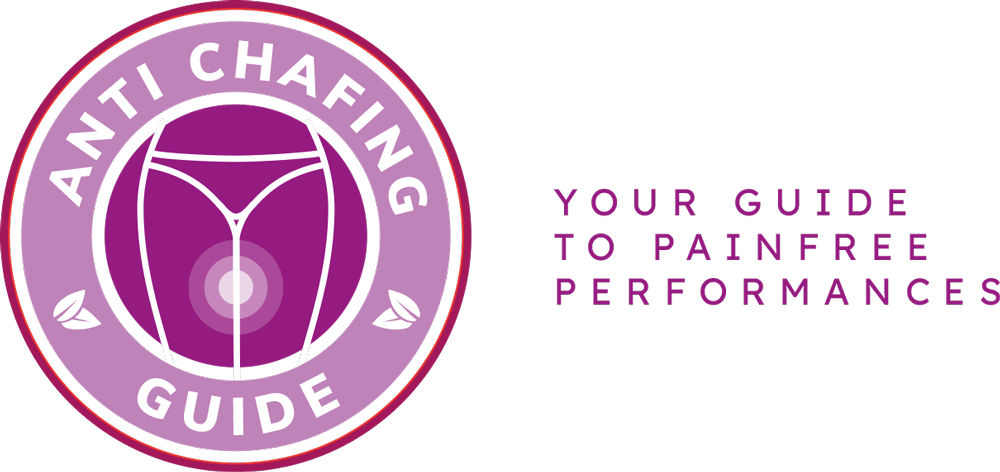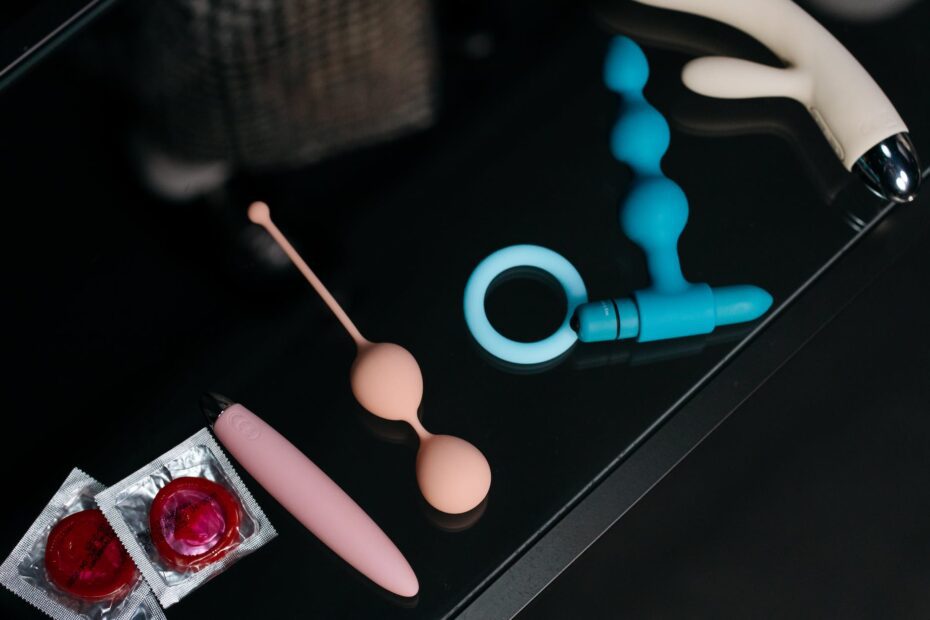Welcome to the ultimate guide on banishing the burn and finding relief from the discomfort of anal chafing! In this comprehensive guide, we will explore effective strategies for soothing and preventing anal chafing, allowing you to regain comfort and confidence in your daily life. Whether you are currently experiencing anal chafing or looking to prevent it from occurring, this guide has got you covered.
Anal chafing can be a bothersome and painful condition, but understanding its causes and symptoms is the first step towards finding relief. We will delve into the common triggers of anal chafing, shedding light on this uncomfortable condition and its impact on your daily activities. Armed with this knowledge, you will be able to take proactive measures to alleviate and prevent anal chafing.
But it doesn’t stop there! We will also provide you with practical tips and remedies for treating anal chafing. From simple home remedies to over-the-counter treatments, we have gathered a range of options to help soothe your discomfort. Additionally, we will discuss lifestyle adjustments that can promote healing and prevent future occurrences of anal chafing.
So, get ready to bid farewell to the burn and say hello to comfort! Let’s embark on this journey together and discover the ultimate guide to soothing and preventing anal chafing.
Understanding Anal Chafing
Understanding Anal Chafing
Anal chafing is a discomforting condition that affects many individuals and can have a significant impact on daily life. It occurs when the delicate skin around the anus becomes irritated and inflamed due to friction or excessive moisture. This can be caused by various factors, including:
- Tight clothing: Wearing tight undergarments or pants can create friction and lead to chafing.
- Moisture: Excessive sweating or inadequate drying after using the bathroom can contribute to chafing.
- Friction: Engaging in activities that involve repetitive movements, such as running or cycling, can cause friction and irritation.
The symptoms of anal chafing may include redness, itching, burning sensation, and even pain. It can make simple tasks like sitting or walking uncomfortable and can affect one’s overall well-being. It’s essential to understand the common triggers of anal chafing to effectively prevent and manage this condition. By identifying the causes and symptoms, individuals can take proactive measures to alleviate discomfort and improve their quality of life.
Treating Anal Chafing
Treating anal chafing requires a multi-faceted approach that combines various remedies and lifestyle adjustments. Here are some practical tips to soothe anal chafing and promote healing and comfort:
- Home Remedies: Apply a soothing ointment or cream, such as petroleum jelly or zinc oxide, to the affected area. Taking warm baths with Epsom salts can also help reduce inflammation and discomfort.
- Over-the-Counter Treatments: Look for creams or ointments specifically designed to treat chafing. These products often contain ingredients like hydrocortisone or lidocaine, which can provide relief from itching and irritation.
- Lifestyle Adjustments: Avoid tight clothing that can further irritate the skin. Opt for loose-fitting, breathable fabrics. Keep the affected area clean and dry, and consider using talcum powder or cornstarch to absorb moisture.
It’s important to note that if anal chafing persists or worsens despite these remedies, it’s recommended to consult a healthcare professional for further evaluation and treatment.
Frequently Asked Questions
- What is anal chafing?
Anal chafing refers to the irritation and discomfort caused by friction between the skin surrounding the anus. It can result in redness, soreness, and even painful rashes.
- What are the common causes of anal chafing?
Anal chafing can be caused by several factors, including excessive moisture, tight clothing, vigorous physical activity, and inadequate hygiene. Certain medical conditions like diarrhea or hemorrhoids can also contribute to anal chafing.
- How can I alleviate anal chafing?
There are several ways to relieve anal chafing. Keeping the affected area clean and dry, applying a soothing ointment or cream, wearing loose-fitting clothing, and avoiding activities that can worsen the friction can all help alleviate the discomfort.
- Are there any home remedies for anal chafing?
Yes, there are some home remedies that can provide relief from anal chafing. Applying a cold compress, using aloe vera gel, or taking warm baths with Epsom salt can help soothe the irritation. However, if the symptoms persist or worsen, it is advisable to consult a healthcare professional.
- Can I prevent anal chafing?
Absolutely! To prevent anal chafing, it is important to maintain good hygiene, wear breathable and loose-fitting clothing, use lubricants during sexual activities, and avoid prolonged sitting or activities that cause friction in the anal area. Keeping the skin moisturized and using a protective barrier cream can also help prevent chafing.
- When should I seek medical advice for anal chafing?
If the symptoms of anal chafing persist for more than a few days, worsen, or if you notice any signs of infection such as pus, fever, or severe pain, it is recommended to seek medical advice. A healthcare professional can provide a proper diagnosis and suggest appropriate treatment options.


Keith is originally from Truckton, Colorado. The 54-year-old cared for his overweight wife for many years. Keitch is also a freelance editor at antichafing.net and supports the team as a competent advisor. In his spare time Keith enjoys reading books, visiting his homeland and is a passionate product tester for well-known manufacturers.

